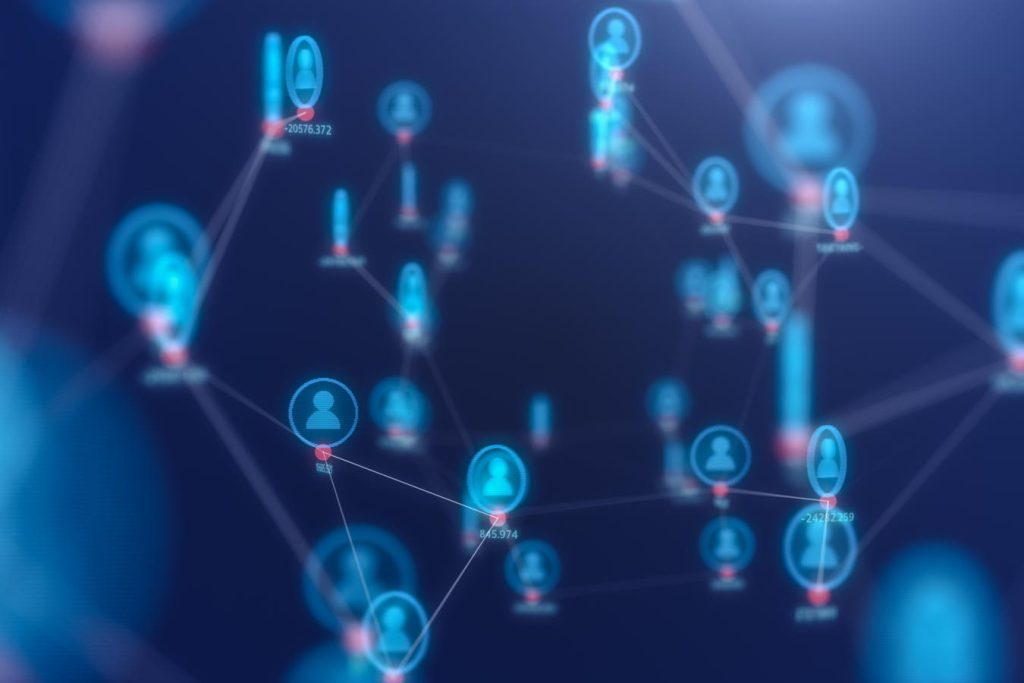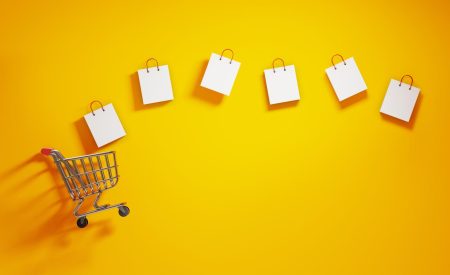Data is at the heart of personalized customer experiences in today’s digital world. As 53% of marketing decisions are influenced by analytics, the challenge for businesses is to collect and leverage consumer data while respecting privacy concerns. Zero- and first-party data are key types of information that businesses can utilize, with zero-party data being voluntarily shared by customers and first-party data being collected from customer interactions directly. Loyalty programs play a crucial role in data collection, offering a value exchange that encourages customers to share data, such as preferences and transaction history, in a consensual and beneficial manner.
Businesses are creatively leveraging loyalty programs to capture zero- and first-party data. Examples include using style quizzes to personalize user experiences, gathering health insights to make product recommendations, and rewarding customers for uploading receipts to collect data. Data collected through loyalty programs can help businesses tailor their marketing strategies and enhance customer experiences with precision. By creating unified customer profiles, contextualizing engagement, and leveraging predictive personalization, businesses can optimize their marketing spend, increase customer satisfaction, and enhance loyalty.
As the importance of zero- and first-party data continues to grow, businesses may need to focus on creating more engaging loyalty programs that incentivize the sharing of zero-party data. Advances in data analytics and artificial intelligence could further enhance businesses’ ability to analyze and act on this data in real-time. Loyalty programs offer a way for businesses to navigate the challenges of data collection in a privacy-first world and unlock deeper customer insights. Those that succeed will likely be the ones that invest in strategies to respect customer privacy while delivering value through personalized experiences.
Jai Rawat, the cofounder & CEO at Zinrelo, is a successful entrepreneur and business mentor who understands the importance of leveraging data in today’s digital landscape. He believes that data is the new oil and that businesses can benefit greatly from utilizing loyalty programs to collect valuable zero- and first-party data. By understanding customer preferences and behaviors, businesses can create personalized experiences that enhance customer satisfaction and loyalty while optimizing their marketing strategies and targeting the right customers at the right time. As businesses continue to evolve, loyalty programs will likely play a key role in data collection and customer engagement strategies.















